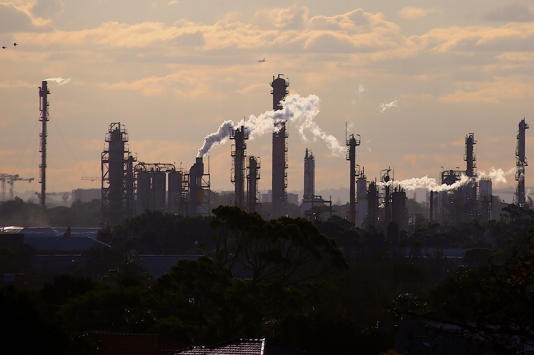
views
Australia, under a new Labor government, on Thursday raised its 2030 target for cutting carbon emissions, bringing the country more in line with other developed economies' Paris climate accord commitments.
Australia, one of the world's highest per capita carbon emitters, pledged to the United Nations that it would cut carbon emissions by 43% from 2005 levels by 2030, up from the previous conservative government's target of between 26% and 28%.

"When I've spoken with international leaders in the last few weeks, they have all welcomed Australia's changed position," Prime Minister Anthony Albanese said after notifying the U.N.
Under the former government, Australia, the world's top exporter of coal and liquefied natural gas, had long been seen as a laggard in climate commitments, with no clear energy and climate policy to encourage renewable energy investments.
At the UN climate summit in Glasgow last year, former prime minister Scott Morrison was criticised for failing to set a more ambitious emissions-cutting target while the United States, Canada, EU, Britain and Japan all sharply stepped up their pledges.
Canada is aiming for a reduction of 40% by 2030 from 2005 levels, while the United States has a target of up to 52%
For years, the Australian government told the world that was all too hard," Climate Change and Energy Minister Chris Bowen told reporters at a televised media conference in Canberra.
We send the message to the rest of the world, to our friends and allies, that we're partners in tackling the climate emergency. We send the message to Australians that we seek to end the climate wars, as the Prime Minister said," Bowen added.
The push to slash emissions more rapidly comes as the country is facing a major power crisis caused by planned and unplanned coal-fired generator outages, which have driven up demand for gas-fired generation just as global gas prices have skyrocketed.
Bowen said the crisis highlighted the need to speed up, not slow down, work on the regulations needed to encourage more investment in renewable energy.




















Comments
0 comment